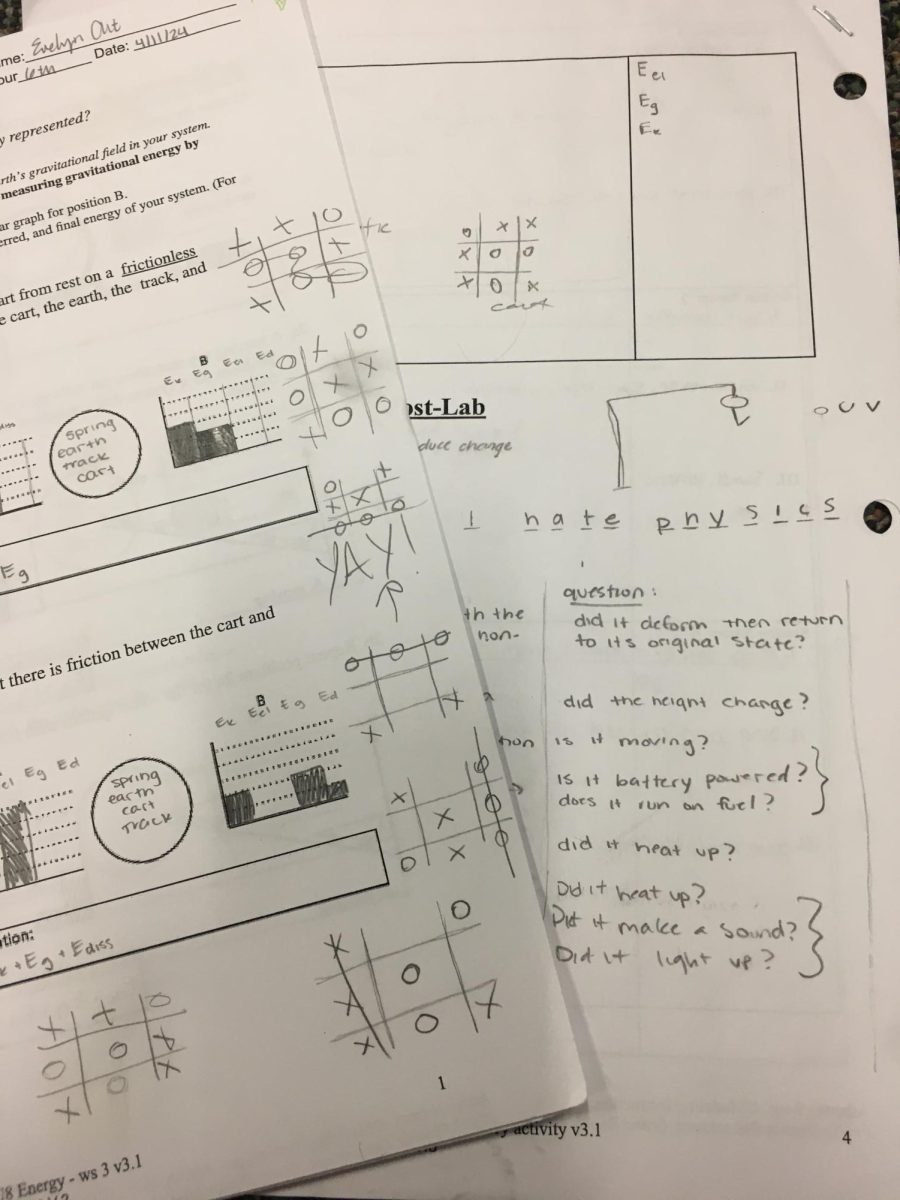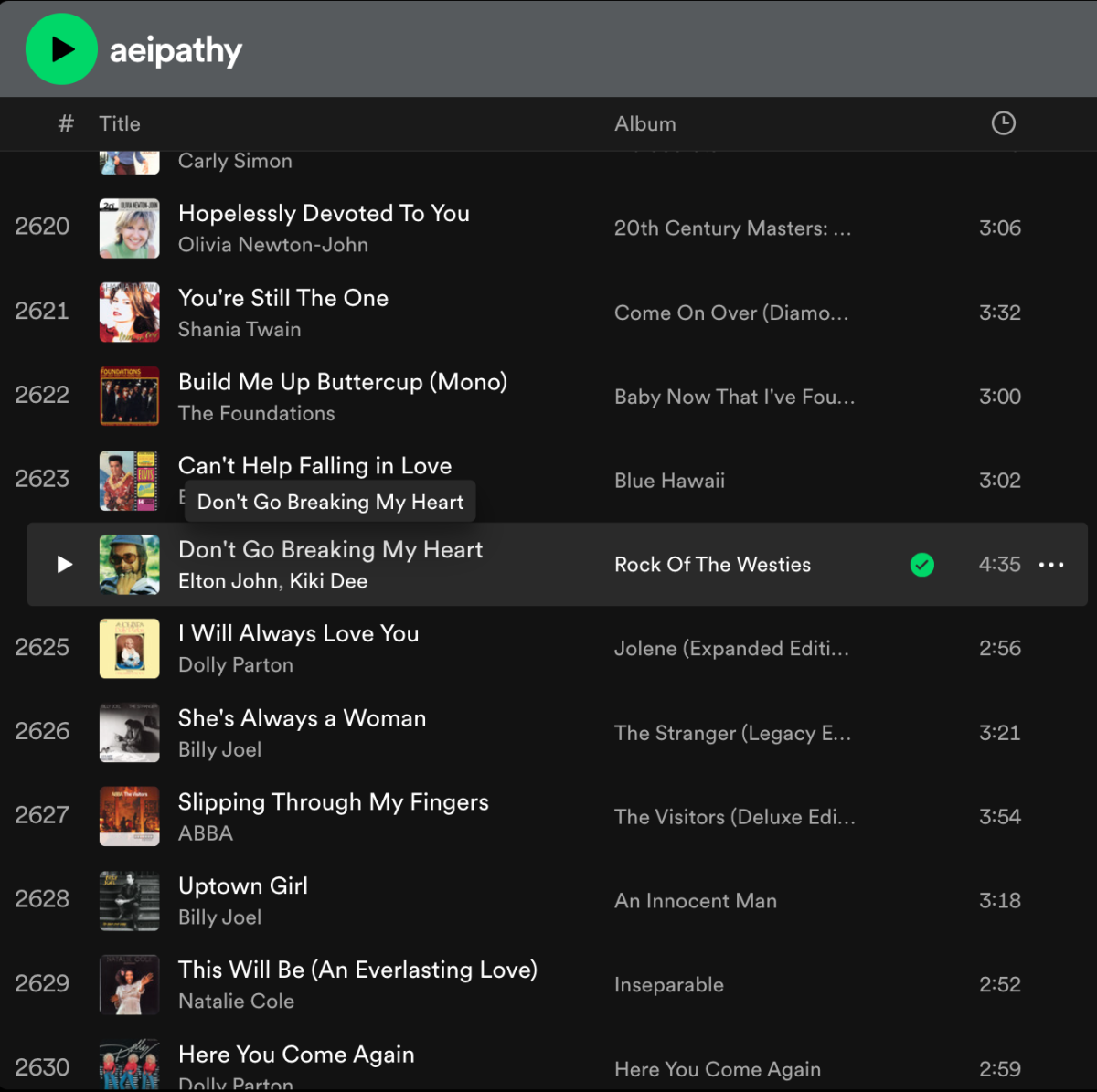Defined By Numbers
Hi, my name is Emma Cardin. I am sixteen years old and one inch shy of six feet tall. My GPA is high enough to make honor roll. I am about to take one of the biggest tests of my life; I am told the the numbers I see under my score will determine where I go to college and ultimately a large part of my life.
I go to sleep at night and worries creep with silent but malicious intent into my head.
“ If I am 5’11, how tall of heels can I wear without being too tall? Is my GPA high enough? I really need at least a 90% on that algebra test to keep my A in the class.”
I find all of these anxieties are based upon how much or how little I have of something, in quantities or numbers.
Silently, I hope I’ll wake up and the measurements of my successes and shortcomings will fade away. I wish there was no exact measurement of intelligence or athleticism or body type. I am tired of hearing about myself and my numbers, and of other people and theirs.
Everyone does this. We define ourselves by how good we are at whatever we do. I guess, what really bothers me, is that why as humans, do we seem to have this insatiable need to define people, ideas, and things with specific quantities. For example, I can’t tell you how many times I’ve heard this:
“Hey, how hot is that girl/guy you’ve been going out with?”
“Hmm, I’d say seven out of ten.”
I’ll be the first to admit that I am guilty of this response, but why do we insist on answering in numbers instead of: “They are really cute and have nice hair.”
Even though it’s not their fault, I curse the prehistoric hominid who invented the first numerical system. The problem isn’t the person who made the numbers, it is the people who compare them.
How many times have you asked someone how they did on the last test just to see if you did better? How many times have you been asked about your GPA? Were you the lucky person who looks your questioner right in the eye and answers “4.0”? Or the person who avoids the question because you don’t do as well in school?
People judge you by your numbers, the ones that represent your intelligence, the quantity of friends who sit at your lunch table, and the amount of followers you have on Instagram.
It reminds me of the word problems in my elementary math curriculum.
I mean, if I have ten cupcakes I will probably have more friends than Irene who has a bag of celery. Who is more popular at the moment?
Me.
Unfortunately, unlike many issues in high school, this numbers bias isn’t limited to kids. Schools and teachers and parents judge you by the numbers on your report card. Again, here is an example in the form of a “real world application word problem”.
If Bob scores 2200 on the SAT and 22 schools accept him, and Kelsey scores 1800 and 18 schools accept her, how many colleges will Jimmy be accepted to if he scores a 1600?
The reason numbers are so comparable is because people see them as the ultimate ultimatum. If “numbers don’t lie,” then how come a kid who is smart in class, but bad at test taking has a lower SAT score? How come a tall muscular person gets his weight back from the doctor and is told they are obese when all the weight is muscle? A girl who is six feet tall looks at the number above her head and asks herself if she is too tall, while someone else looks at five feet two inches and wants to be taller.
As we grow older the number of numbers we have to worry about increase (credit scores and mortgages and insurances), while the number of hours, days and years we have left decreases. If you are a doctor prescribing the medicine to get rid of strep throat then heck yeah please use my exact weight and be accurate. But this accuracy does not need to be incorporated into everyday life. My mom doesn’t have to worry about every .1% of my grade and my boyfriend shouldn’t place my value on a scale of one to ten.
As a writer, I understand the power of words. I work to harness that power every day. What more people need to see is the power of numbers, and how categorization based on these numbers is harmful.

Emma is entering her third year at FHC and her second year on staff. She plays soccer as well as water polo and is passionate about outdoor activities...


























































































Kathy Nibbelink • Oct 19, 2015 at 2:57 pm
Yes!! I’m so glad you ended your article with the last statement:” What more people need to see is the power of numbers, and how categorization based on these numbers is harmful.” You are your own unique person (numbers and all) and that alone makes you one of a kind. No two people are alike so to compare yourself to someone else is futile. Granted I’m older (yeah, I can just hear Mr. George’s comments), but one of the advantages of age is you learn
to be HAPPY WITH WHO YOU ARE and WHAT YOU HAVE. Whatever “numbers” you’ve achieved are yours alone – be happy with them and stop comparing yourself to others!!